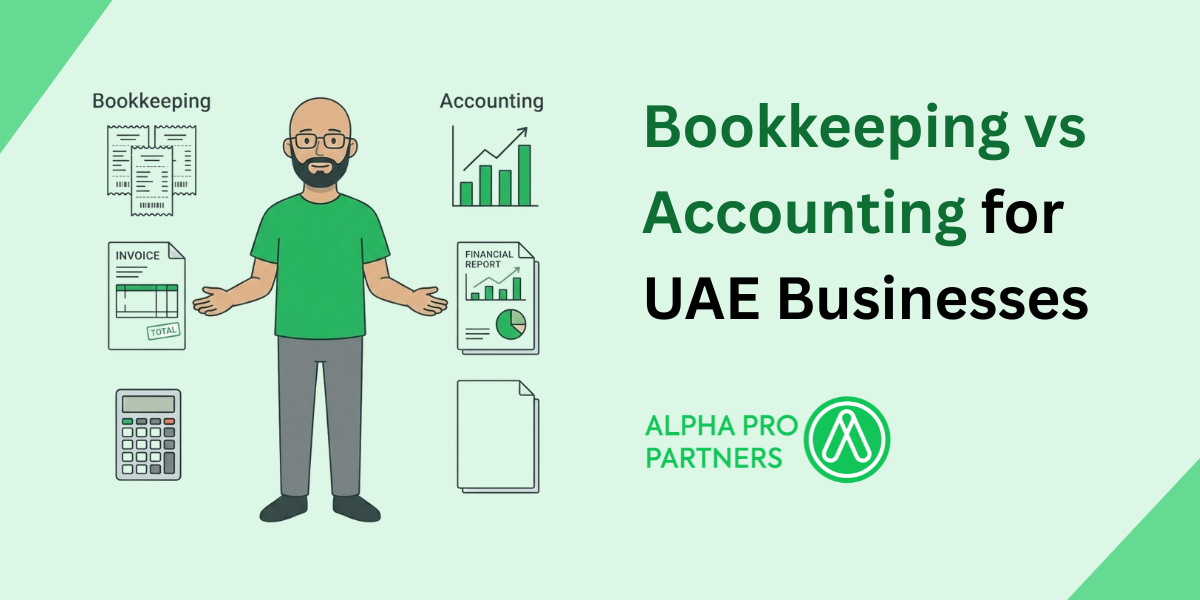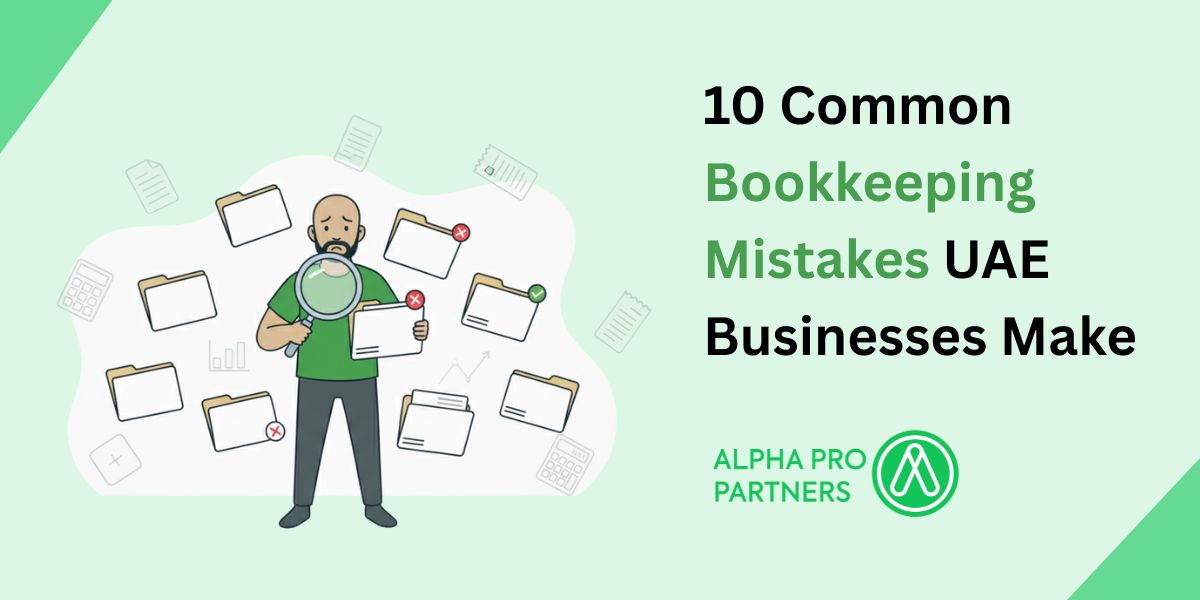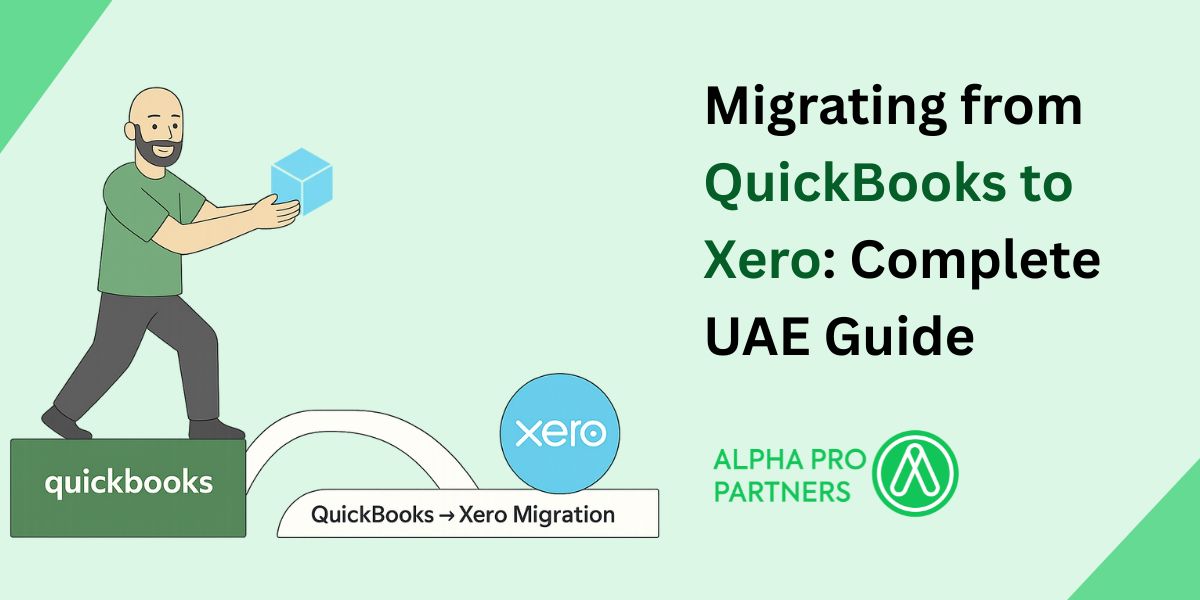The Basics of UAE VAT for Small Businesses in Dubai

It is fairly common by now that most people in the UAE are now aware that the UAE government is going to implement VAT (Value Added Tax) from 1st January 2018. It has also been widely announced that the VAT rate will be five percent and that the UAE is among GCC members (Saudi Arabia, Bahrain, Kuwait Qatar, and Oman) to implement VAT simultaneously. As the VAT Law is yet to be released the basics of VAT are as follows:
- VAT is a consumption tax that applies to all types of commercial activities such as the provision of services and the production & distribution of consumer goods.
- The tax is ultimately borne by the final consumer hence the term consumption tax.
- VAT is charged as a percentage of the total price (5% will be applied in the UAE), so it’s understandable for the various stages of production and distribution. It is a tax that is charged at each stage of the supply chain.
- VAT is collected quarterly and is paid based on the information provided to the government via a VAT submission. During this period, all VAT invoiced to customers are aggregated to calculate the actual output tax, and the input tax is calculated by the total VAT charged by suppliers. The difference is ultimately paid to the government.
At the current time, the GCC countries do not have Sales tax or VAT and so the only indirect taxes levied are the excise duty and the customs duty. Other taxes include hotel/tourist tax and some other indirect taxes. The customs duty is only levied on the CIF value of goods (import) in the UAE, which varies based on the nature of the imported goods and averages to about five percent.
The key reason behind implementing VAT in the GCC countries is to converge with the international tax regimes on indirect taxes as per the direction of the IMF. Other key motivations for implementing VAT in the GCC include having less reliance on government revenues from hydrocarbons and the UAE is expected to generate AED 12 billion in the first year from tax revenue. For GCC states, indirect taxation in low single digits in the form of VAT is the most viable option in the first stage of taxation as it requires a fairly well-developed institutional framework to implement direct taxes. It is an obvious challenge for the tax-free branding to personal income which had served the region well in the past to attract foreign workers.

.webp)







%20Widgets%2C%20Shortcuts%20%26%20Customisation.jpg)








.webp)
.webp)


.png)
.png)
.png)
.png)
.png)

.png)
.png)



.png)
.png)





.jpg)


.jpg)





.png)
.png)






.png)


